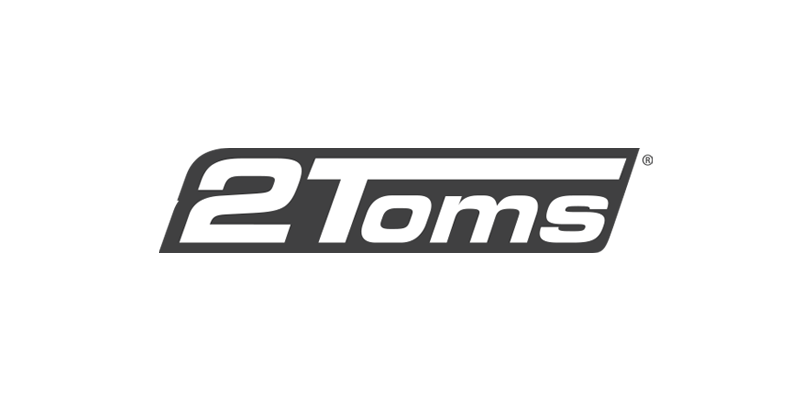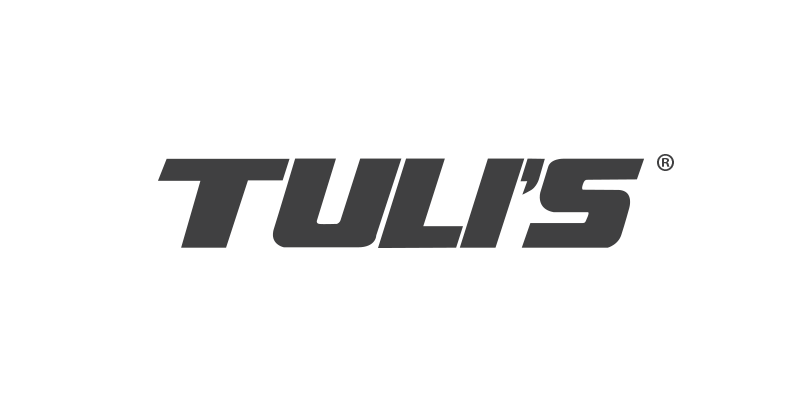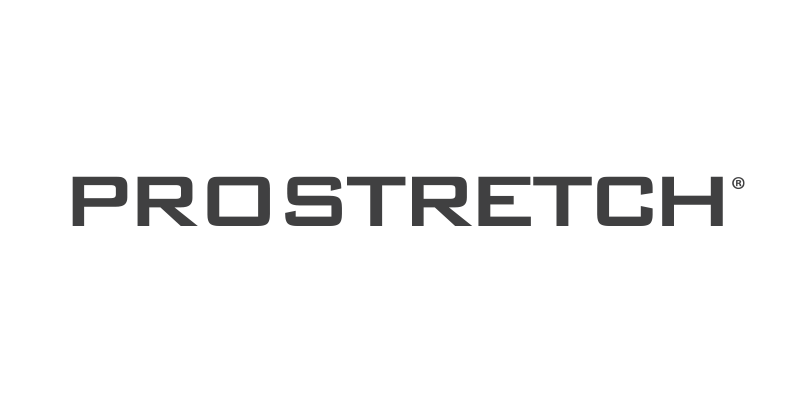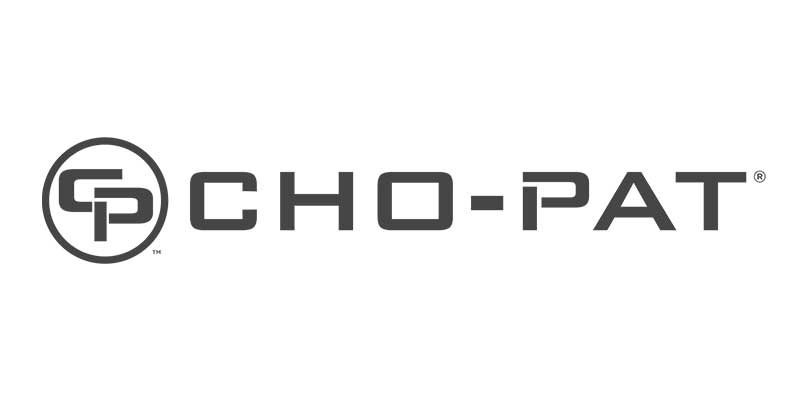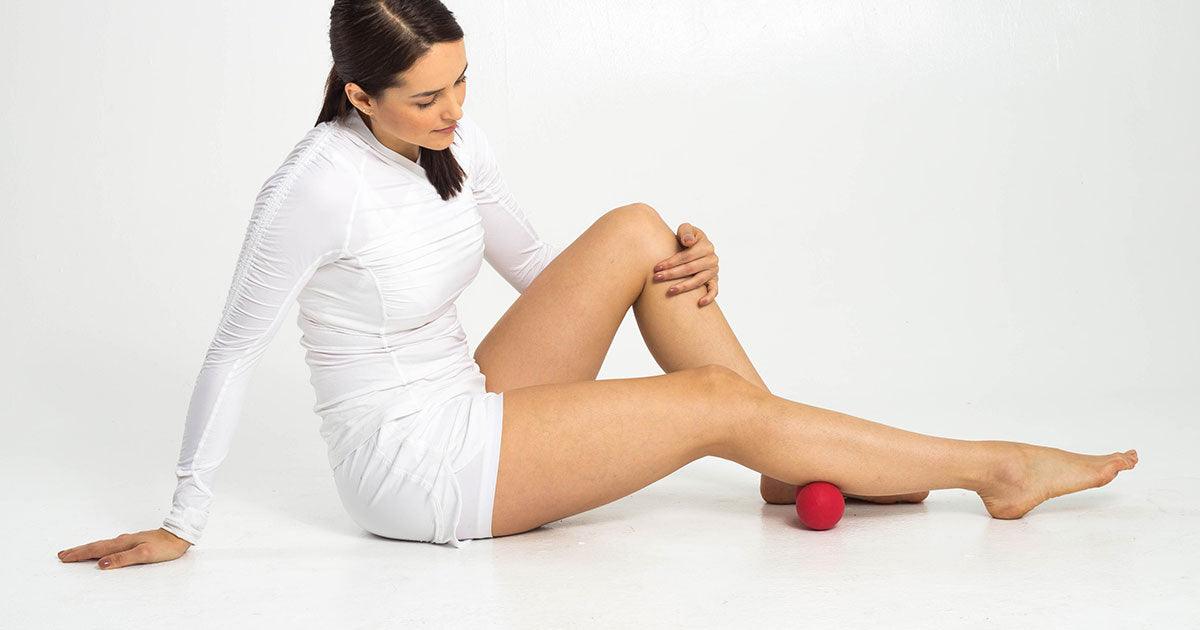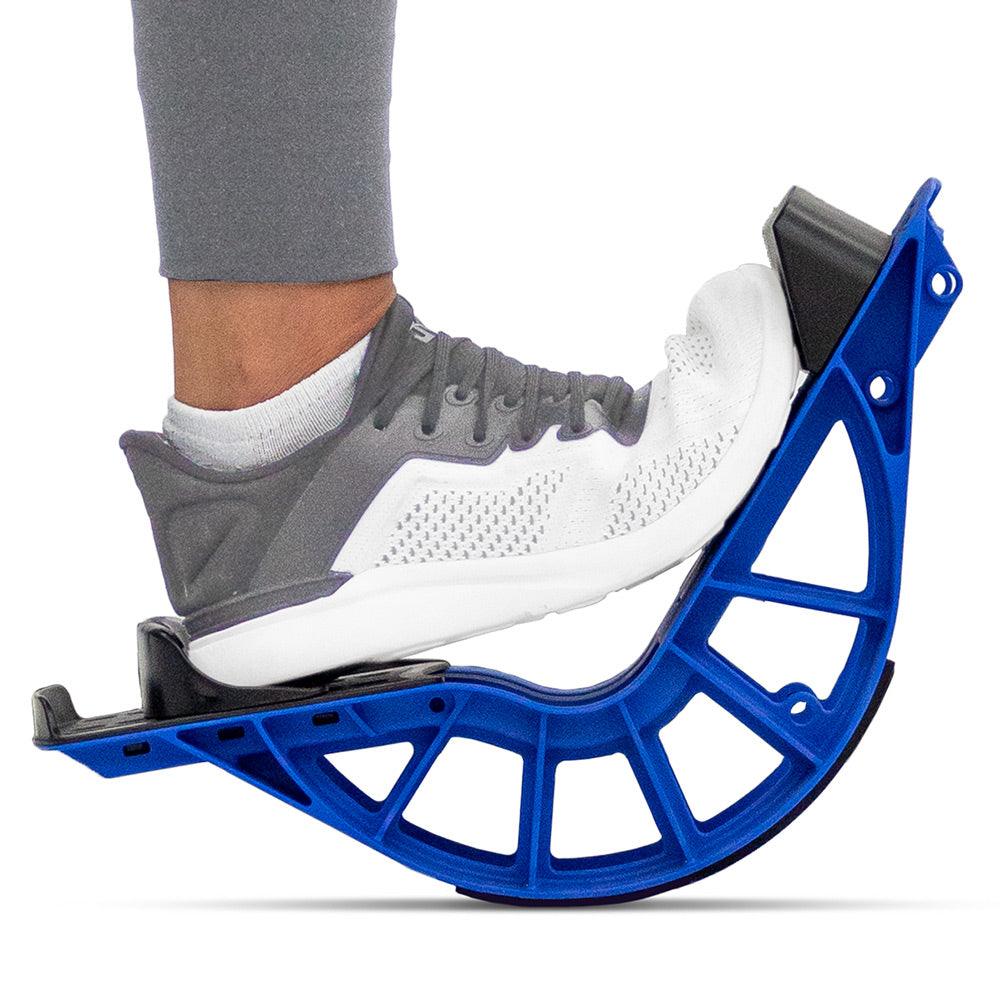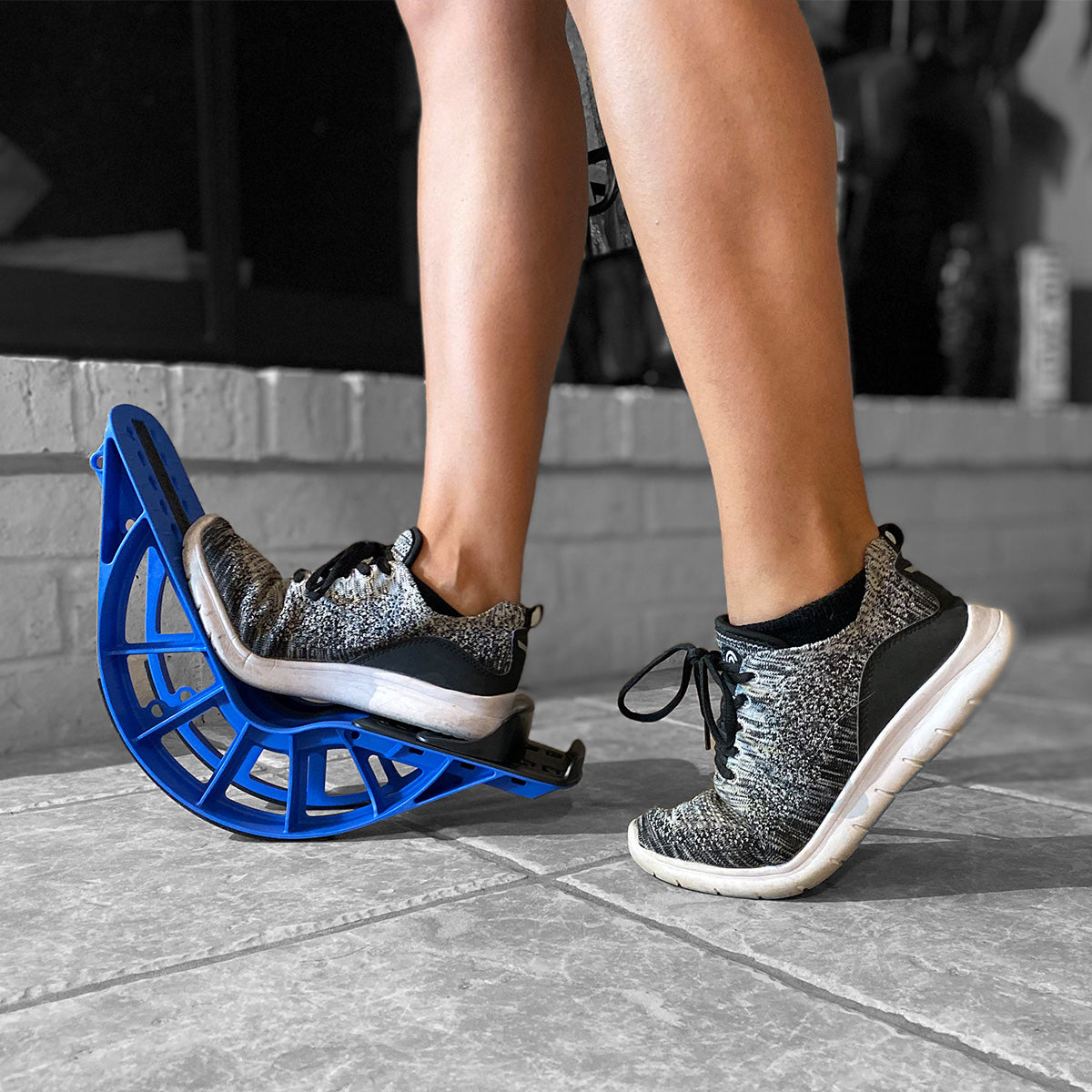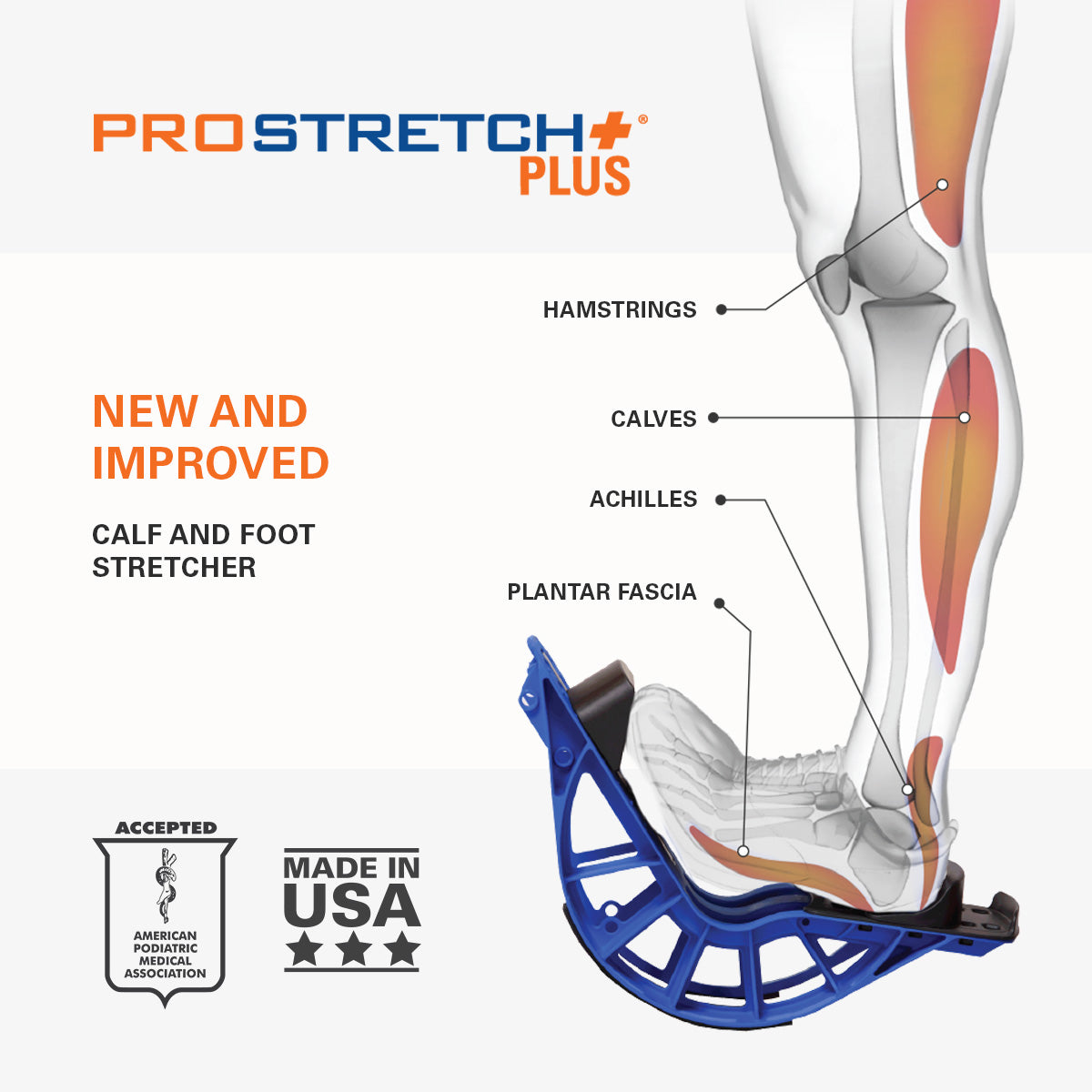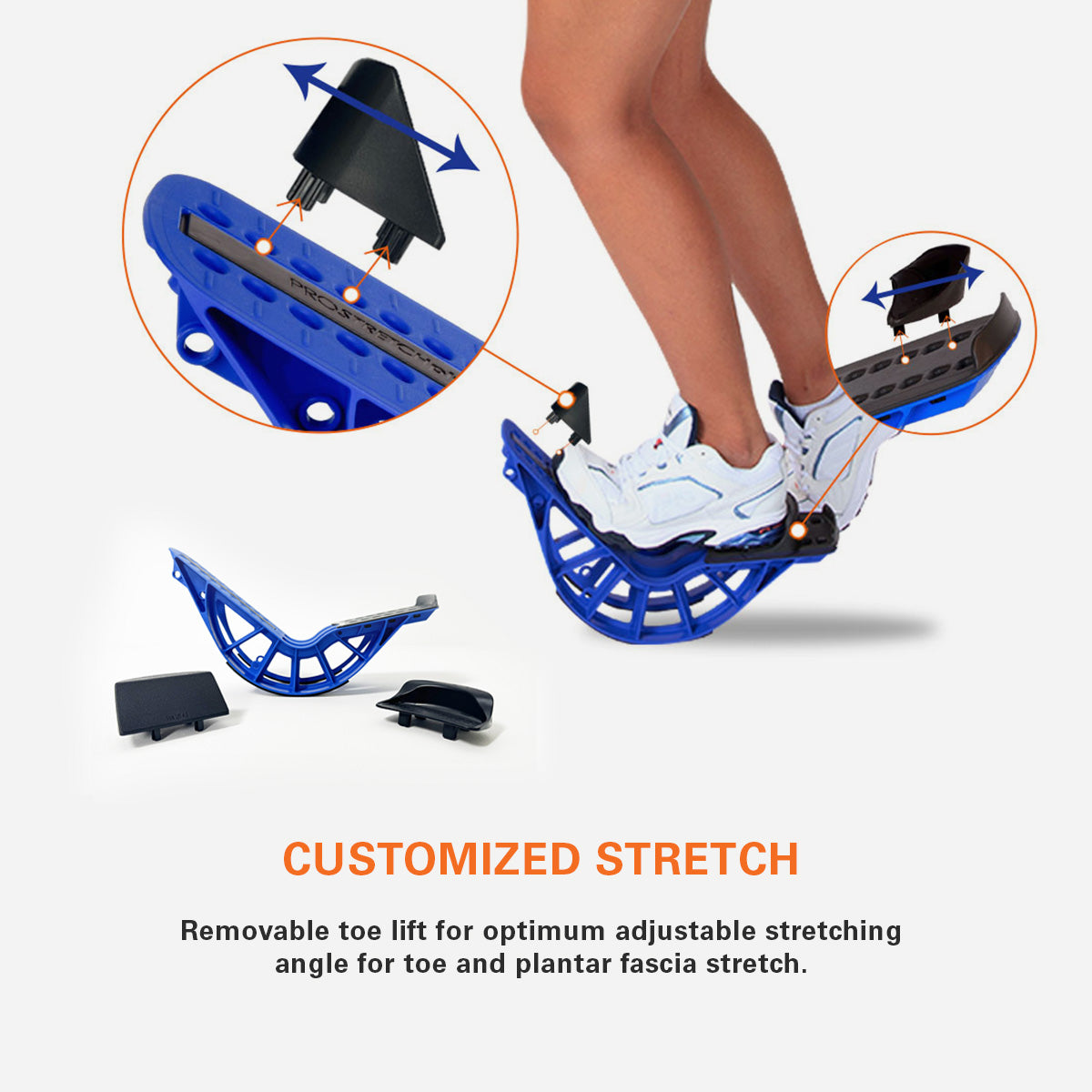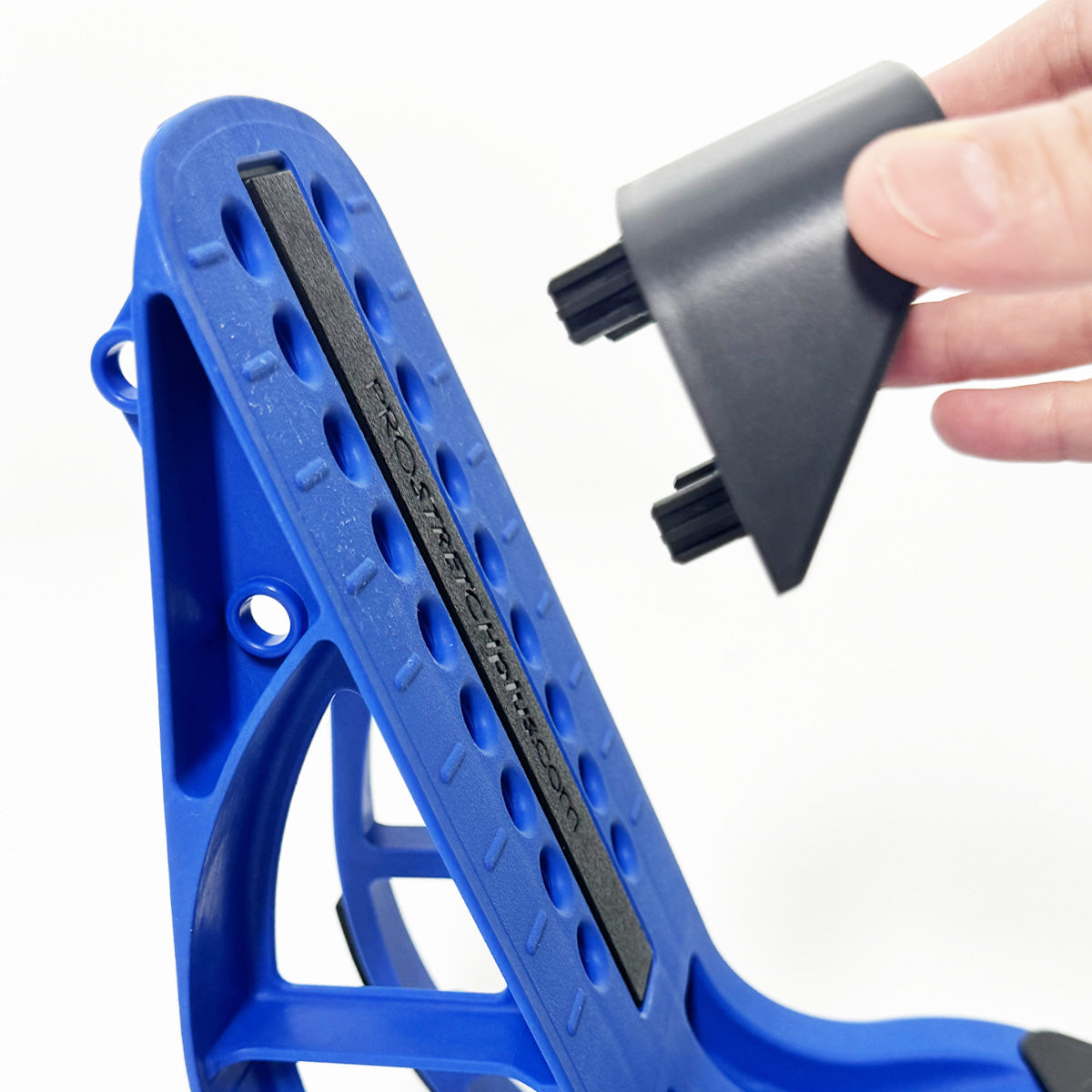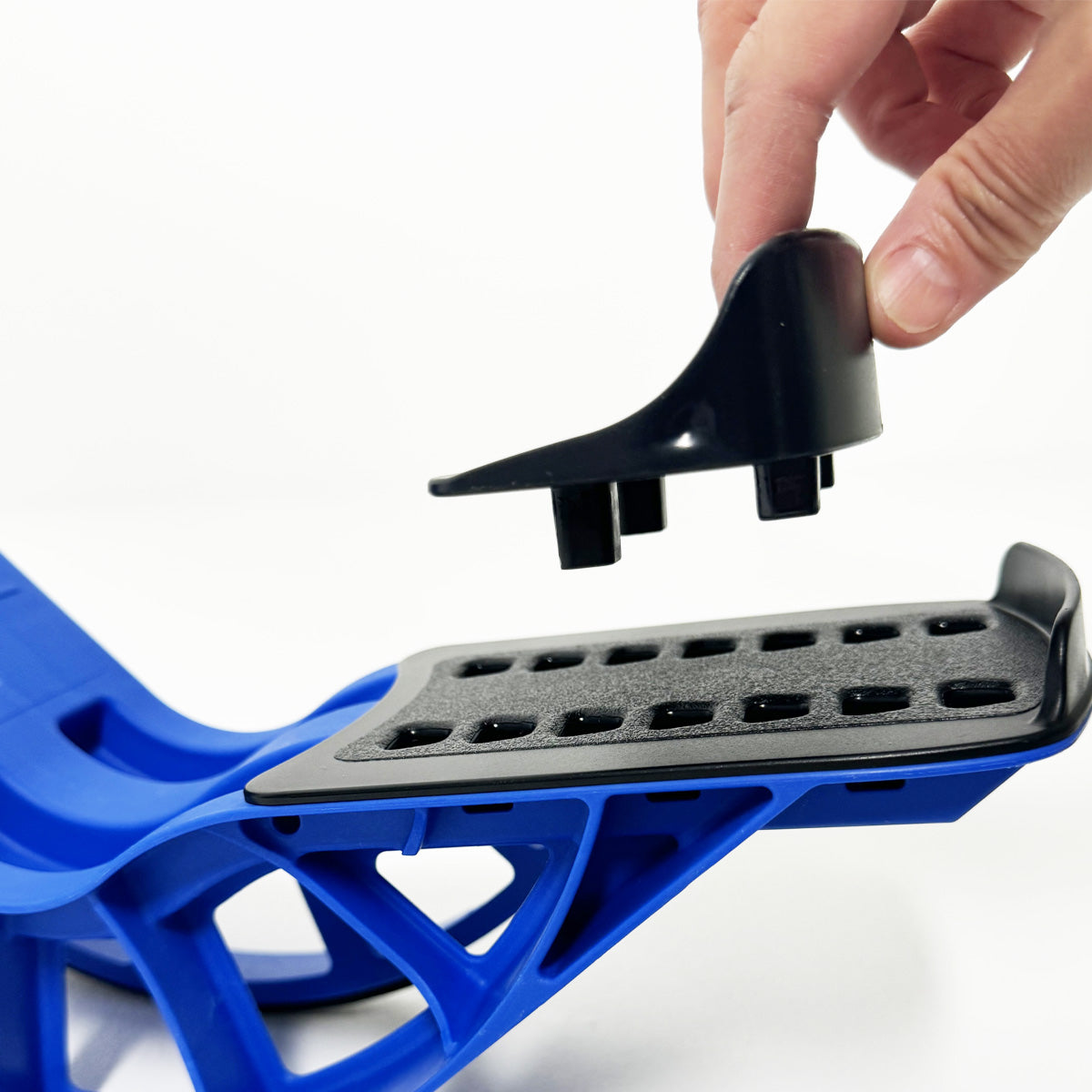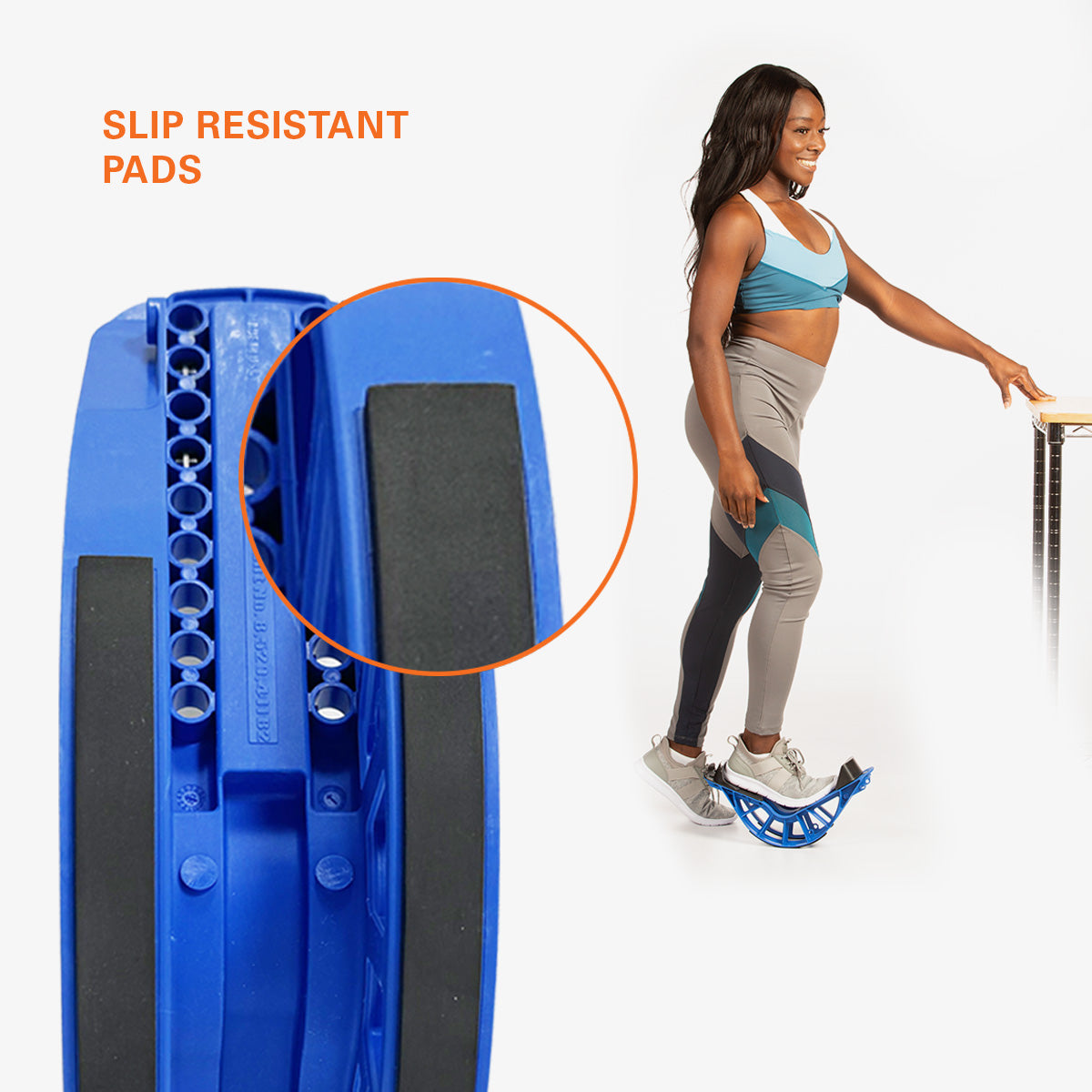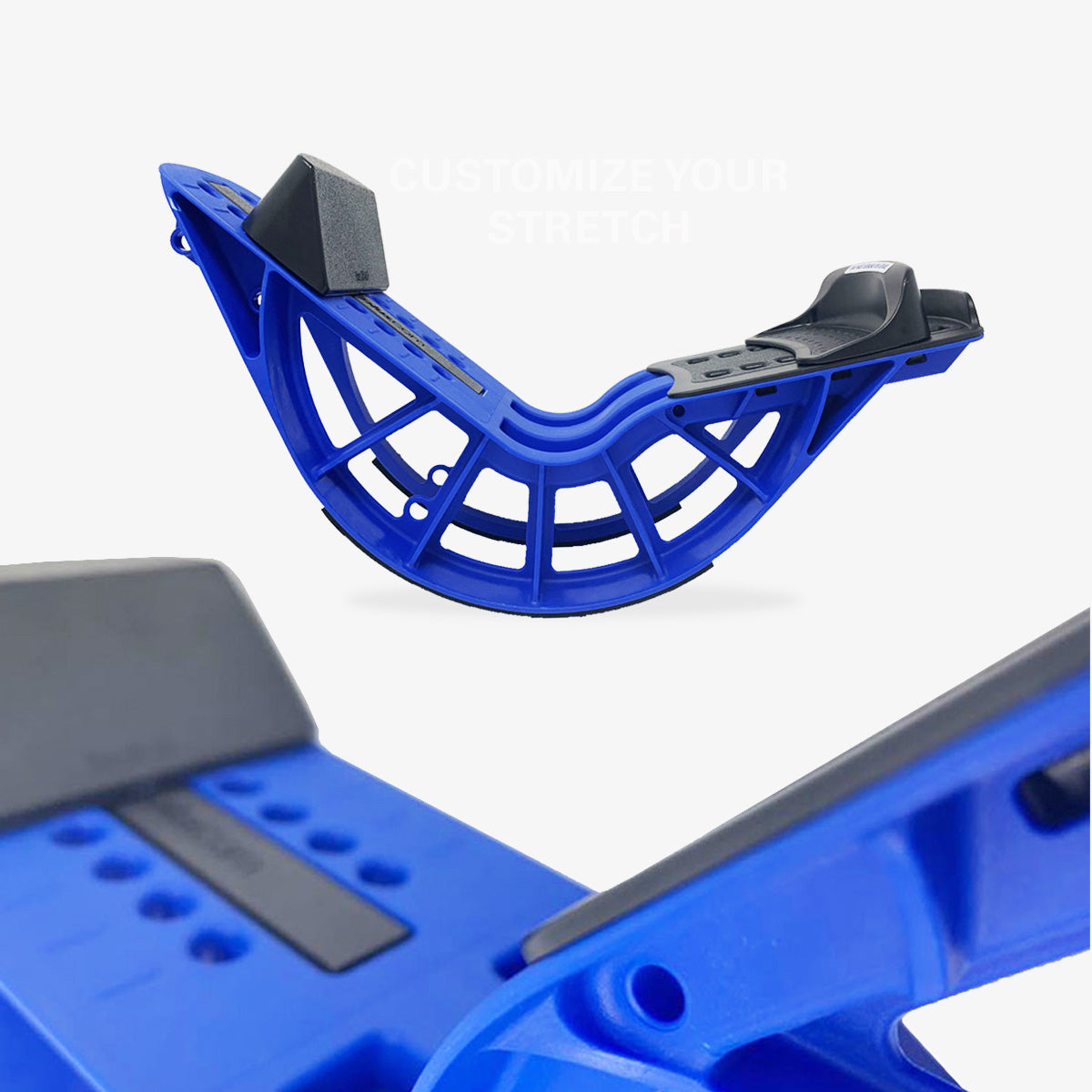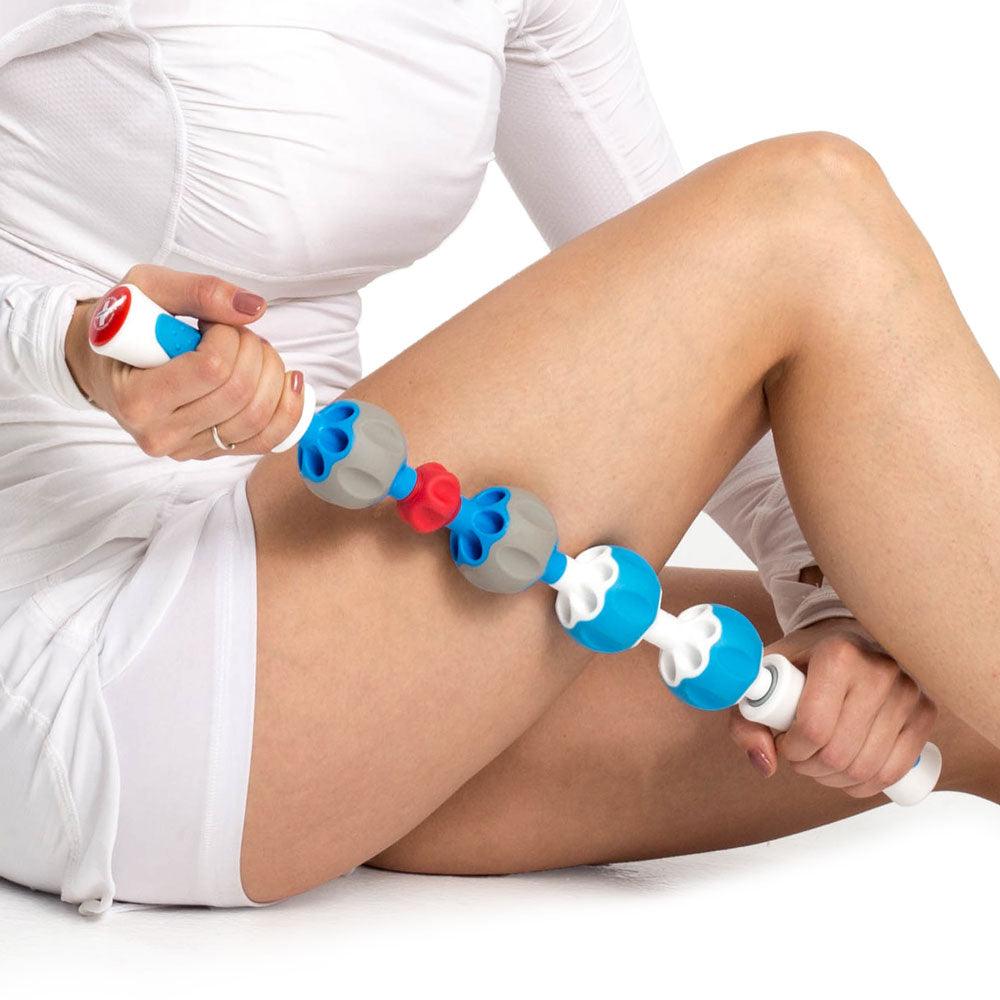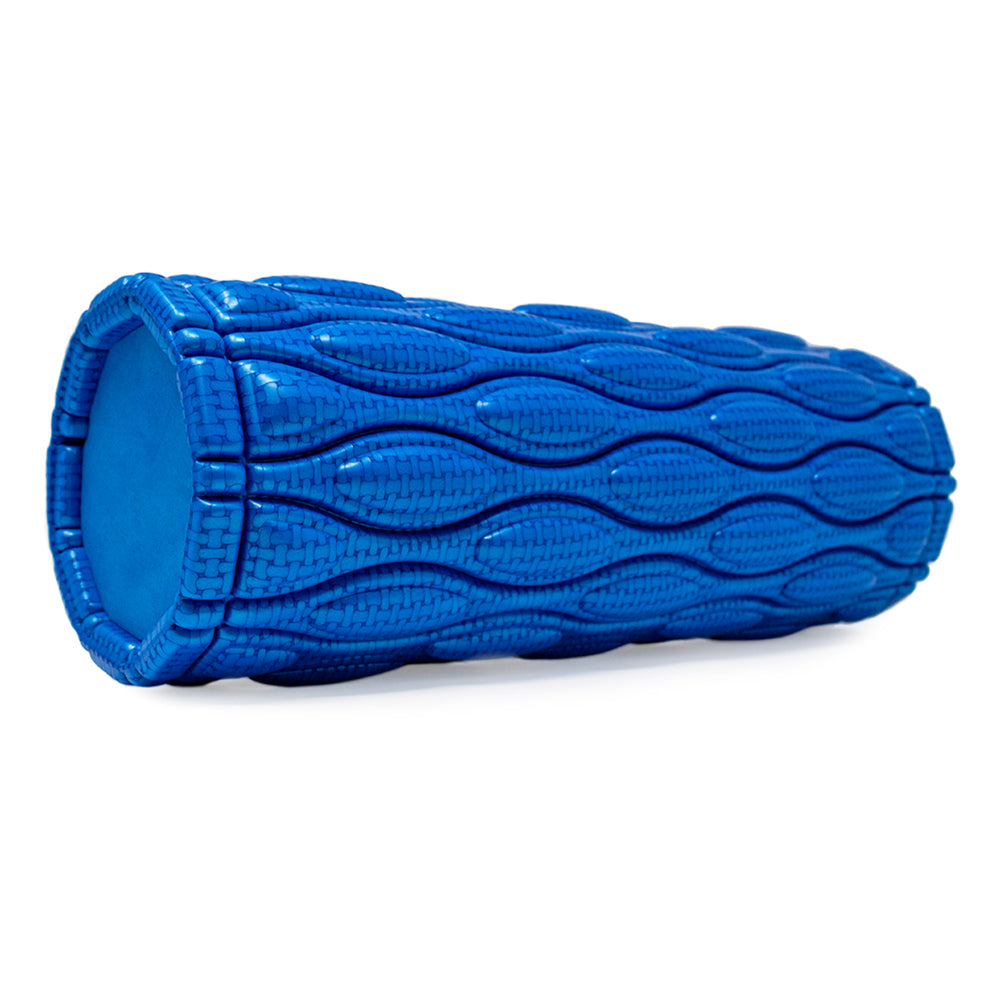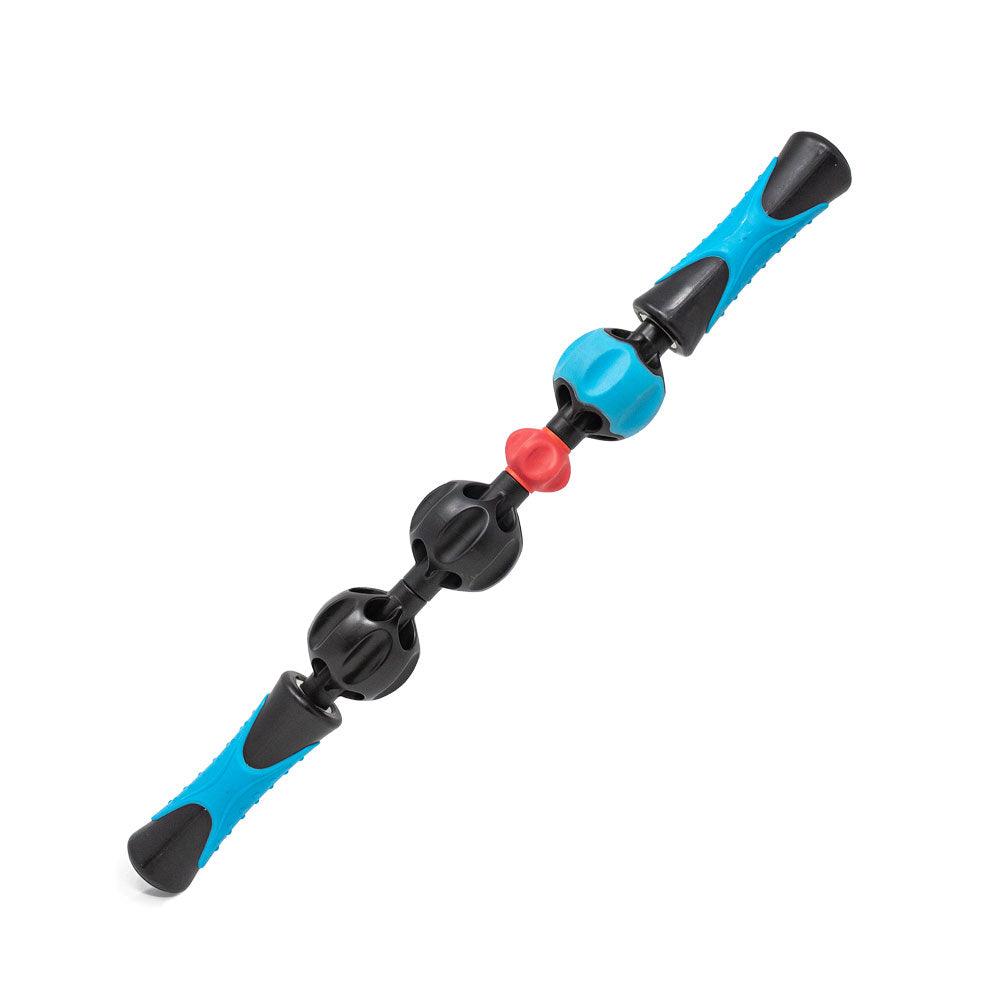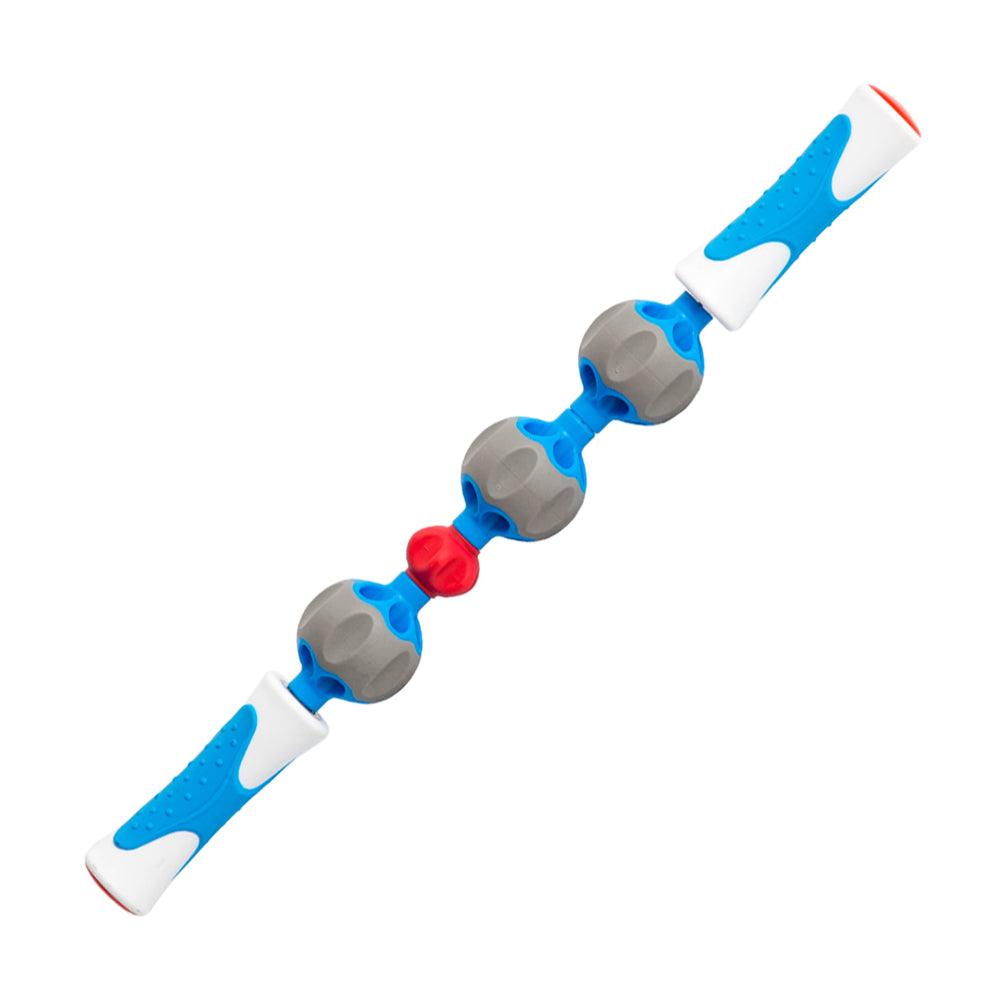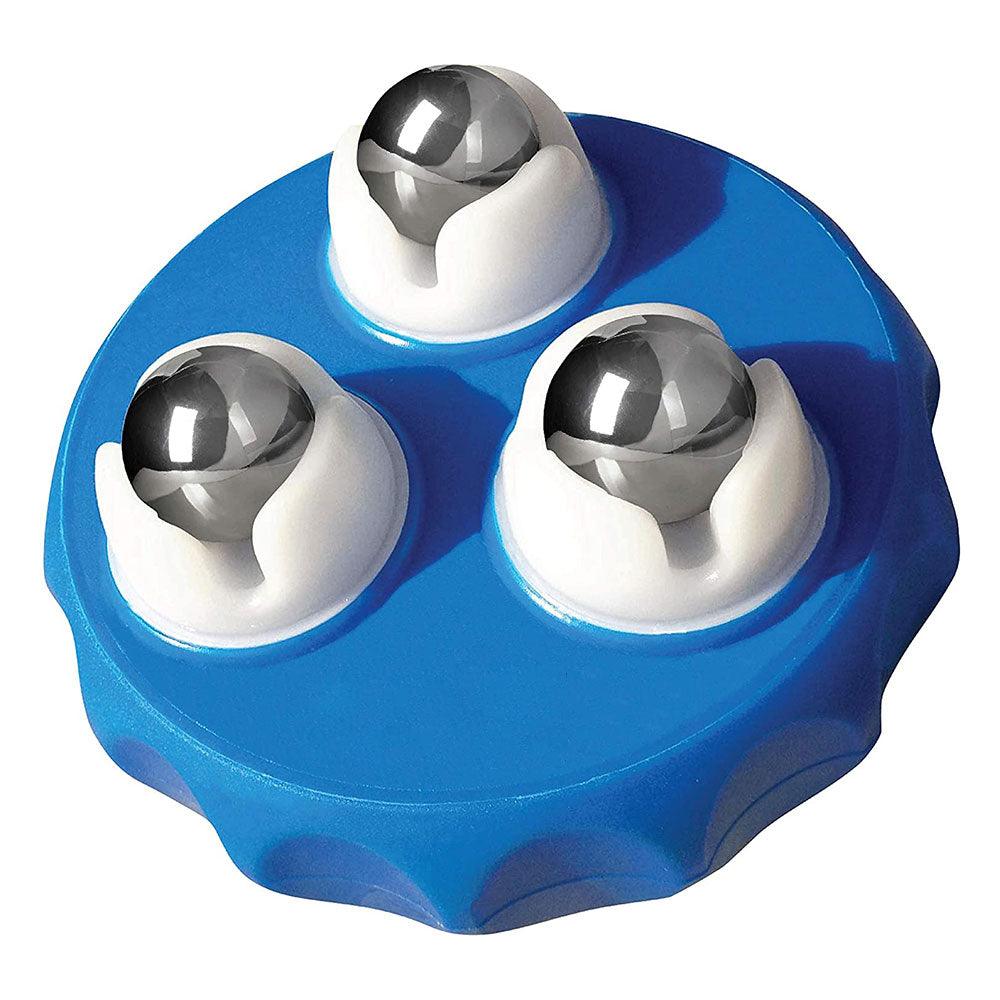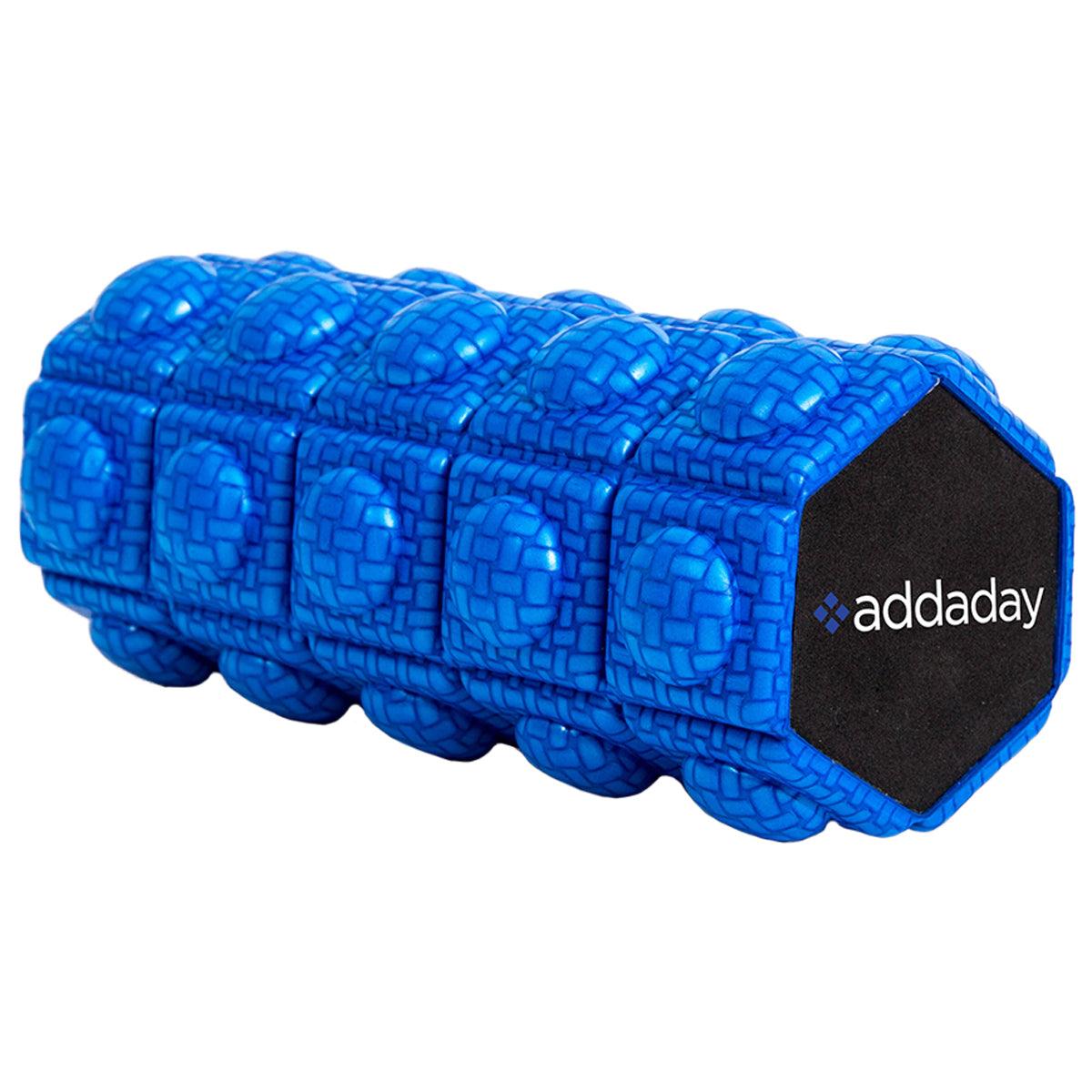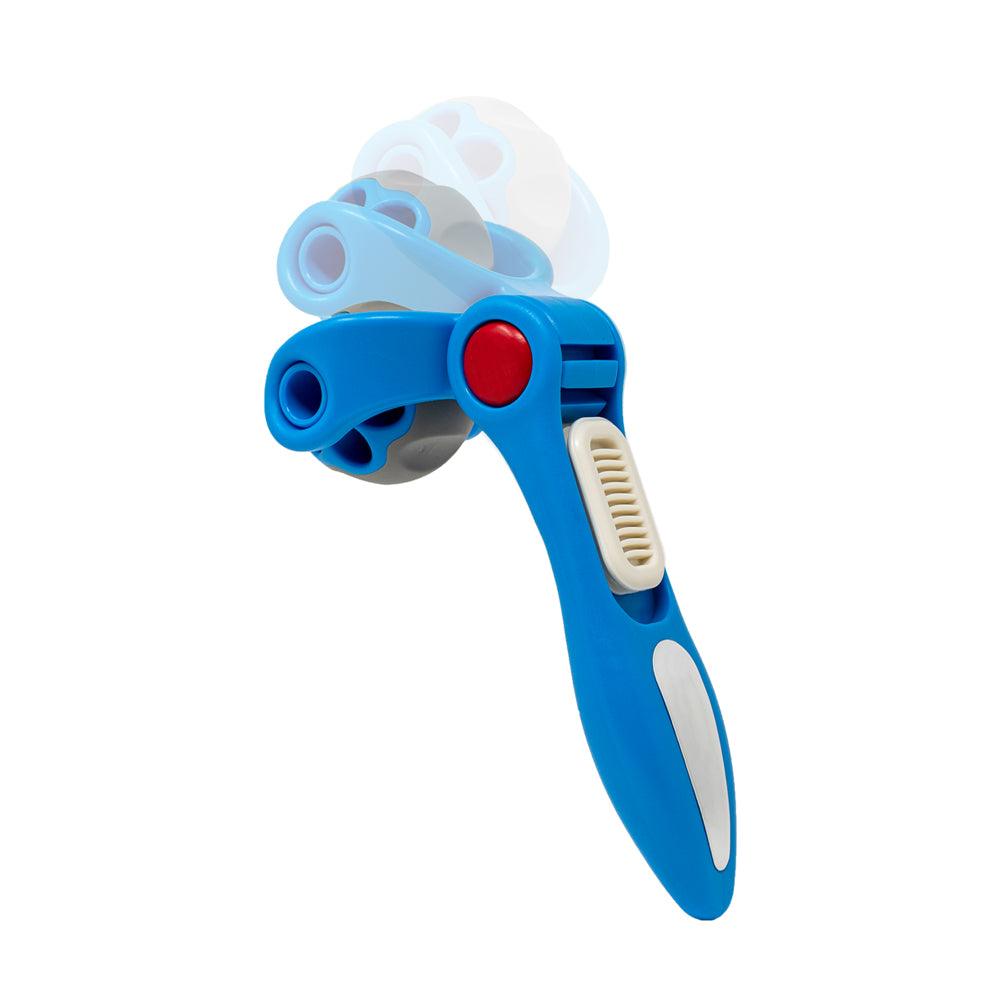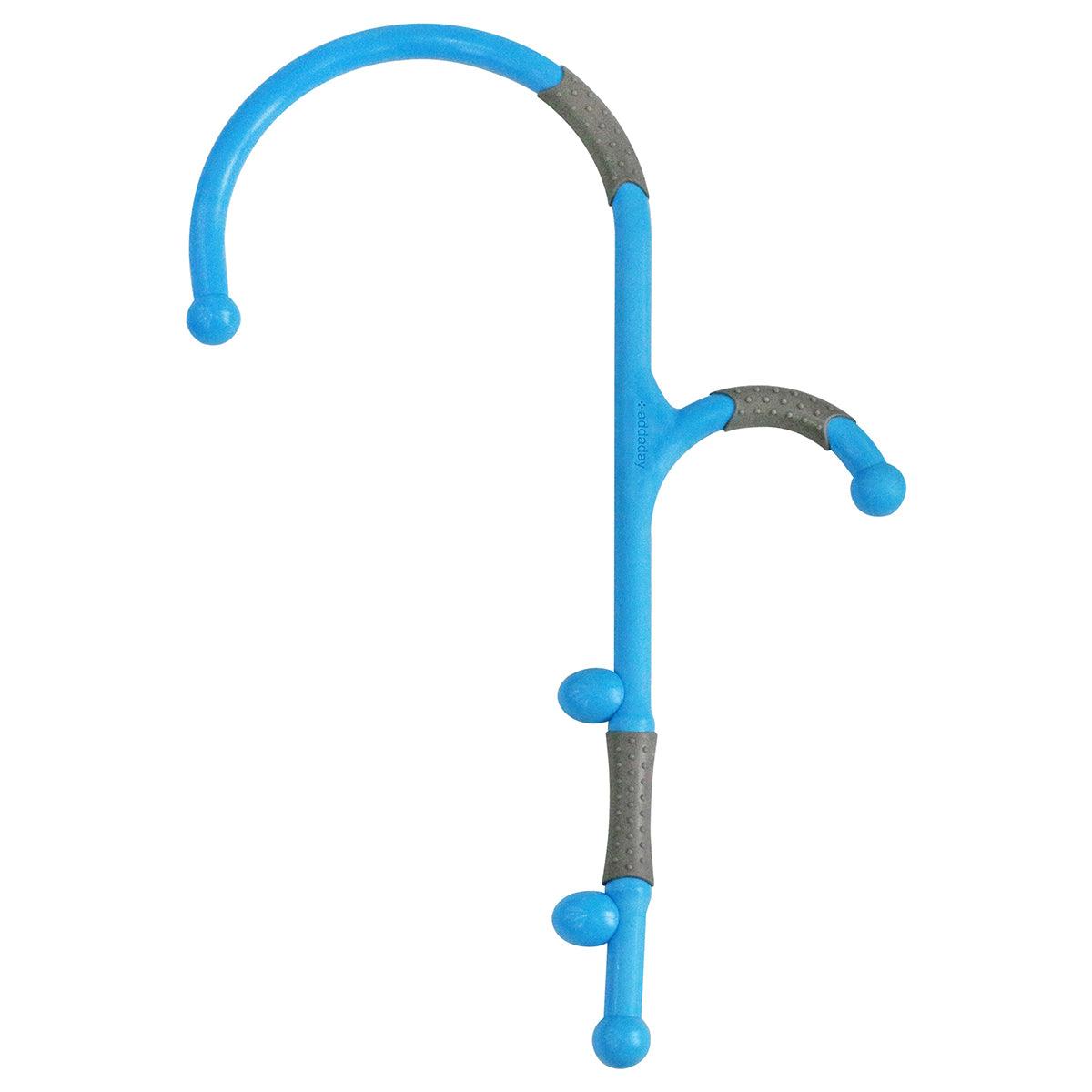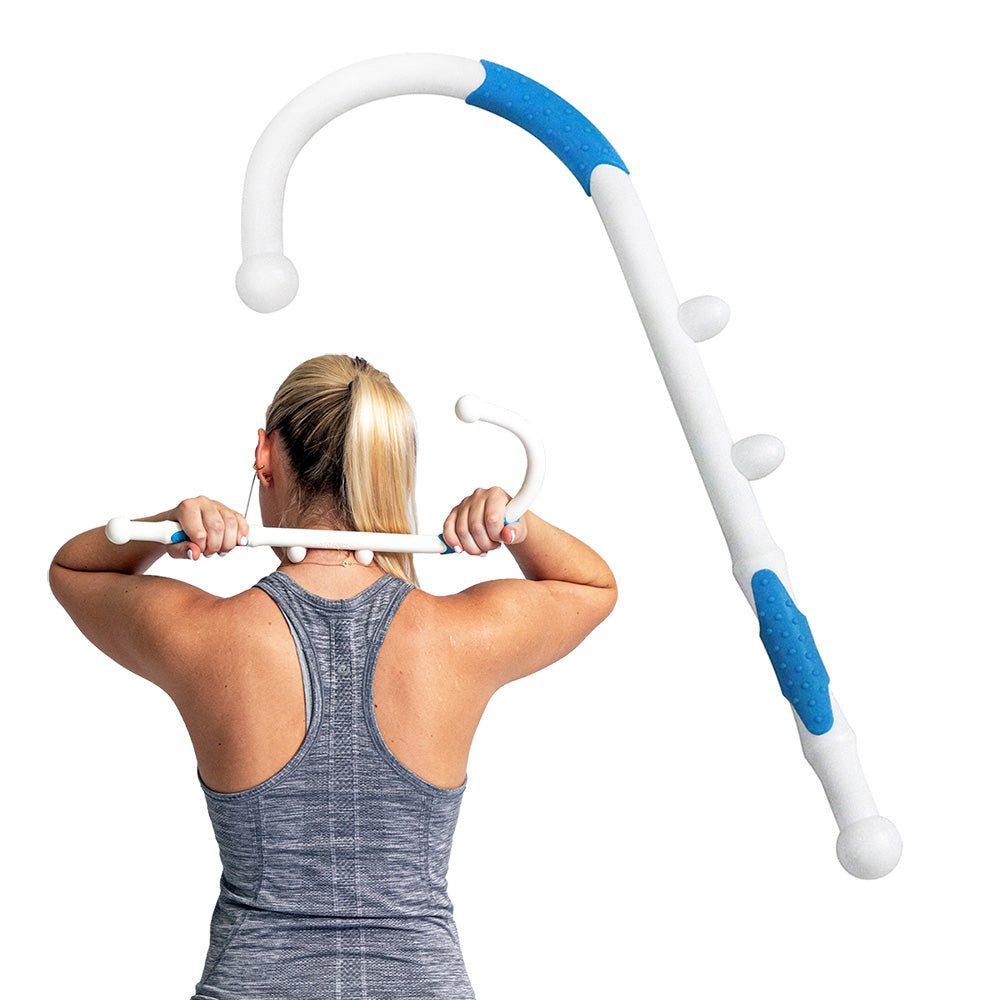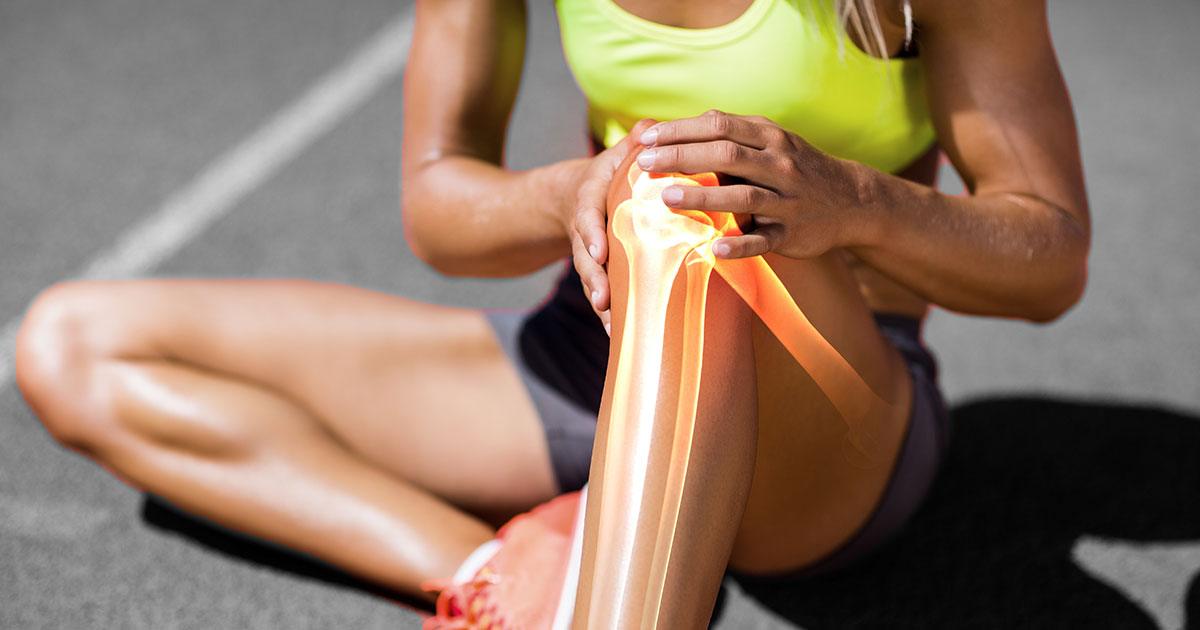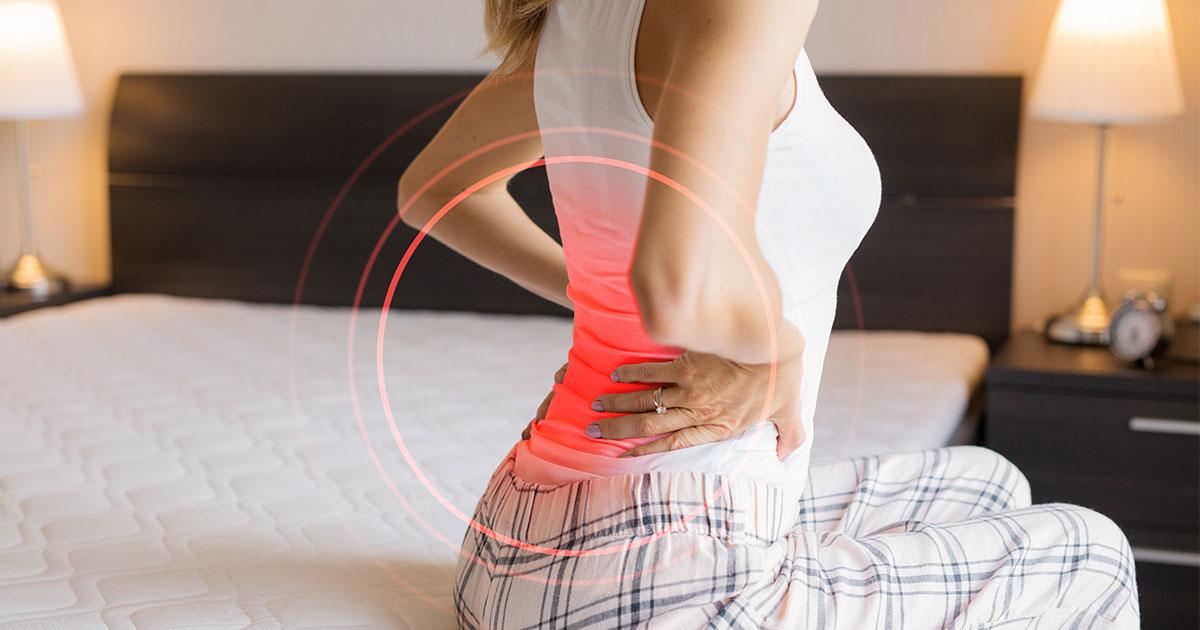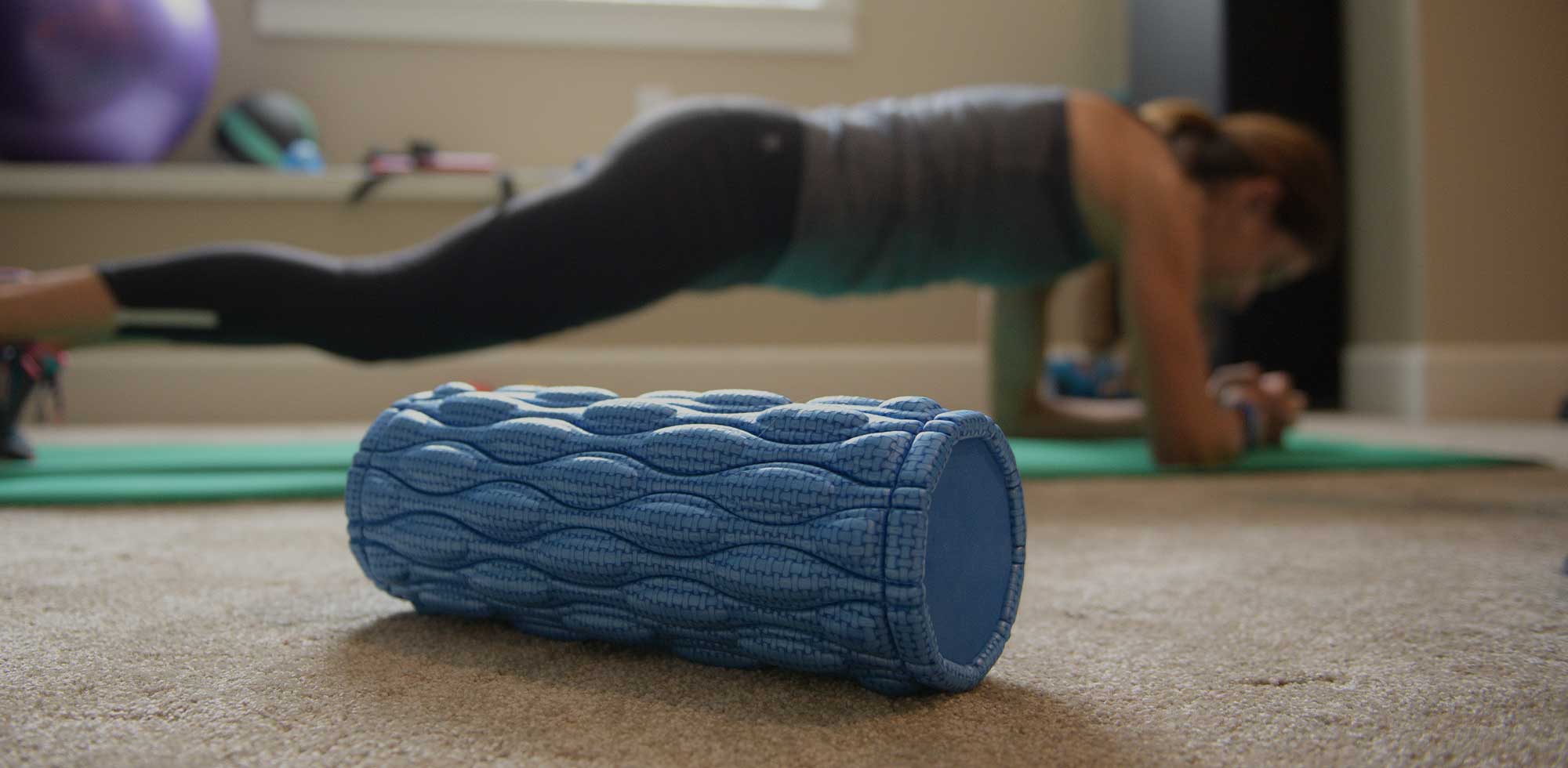According to the National Safety Council 2017 report, the highest percentage of sports-related injuries is due to personal exercise. Whether aided or unaided with equipment, exercise accounted for about 526,000 injuries. Basketball followed with an astounding half-million recorded injuries. Cycling and football placed third and fourth with 457,000 and 341,000 injuries, respectively.
These numbers show that athletes, young or old, are at high risk of injuries and, if not injuries, sports-related chronic pain. These high-risk sports – basketball, cycling, and football – expose legs to intense use and, therefore, put one body part in the line of chronic pain – your calf.
Calf pain symptoms include soreness, pain in the lower leg, inflammation, and, to a greater extent, difficulty in walking. The perennial question, how do I relieve calf pain effectively, is answered in this article.
Causes of Calf Pain
The key to effective treatment of calf pain is a better understanding of its cause. Commonly, calf pain occurs when the muscles are overused or poorly executed (e.g., abrupt movements and lack of conditioning exercise).
In this case, you develop a strain. But be aware of other causes of calf pain, in case you only treat the symptom and not the real problem.
1. Sciatica
Sciatica is bruising due to sports injury. This is caused by damage to the sciatica nerve, which regulates the movement of your lower leg. The pain can travel to your entire leg and lower back, including hips and buttocks.
2. Cramps
A muscle cramp is a sudden muscular contraction that is associated with sharp pain. Dehydration, Rest-Ice-Compress-Elevate method is ideal for immediate relief. Apply a cold compress on the calf or any other affected muscle every 15 to 20 minutes, depending on preference. To reduce inflammation, elevate the affected leg to a level that is above your heart.
3. Over-the-counter Medications
Over-the-counter medications like ibuprofen, acetaminophen, and naproxen also help relieve calf pain. The effects of pain relievers last for 4 to 12 hours. For instance, ibuprofen’s pain-relieving effect kicks in 1 to 2 hours after intake and lasts for 5 to 10 hours.
You can administer pain relievers as often as needed, provided that it does not interfere with any other medication(s) the user is currently on.
4. Ergonomic Support
When the pain subsides, calf support is recommended to prevent further damage and facilitate mobility. Calf support comes in many designs and materials. It often wraps around the leg securely for maximum coverage.
Choose calf support that provides a good compression, facilitates shock absorption, improves circulation, and maintains warmth. These benefits help in pain management, as well as promote faster healing.
Therapists and professional athletes use these ergonomically designed support tools to provide maximum muscle pain relief to interconnected muscle groups, such as your calf, shin, hamstring, toes, plantar fascia, and even your hips and spine.
4. Pain Management Through Stretching
Chronic calf pain is likely if you are an athlete or are regularly exposed to strenuous exercise. Stretching is an effective way to promote long-term healing of calf pain, at the same time, prevent aggravation or onset of further damage.
Stretching conditions the muscles and prevents unnecessary strain during rough plays or intense physical activities. You can perform body stretching exercises manually or invest in quality tools designed specifically for stretching legs and calves.
FOR STRENGTHENING | ProStretch Plus® Adjustable Calf and Foot Stretcher

5. Regular Massage
Regular massage is another technique often used by therapists to help relieve calf pain. Thankfully, innovative massage rollers are available nowadays that aid in kneading tight muscles (both outer and inner layers) wherever and whenever you need. Benefits of deep -massage rollers include relief from pain, increased circulation, warmed-up muscles, and improved leg performance.
Having a massage roller is handy for athletes is important as you never know when a muscle cramp strikes. People who stretch and massage using portable, technologically advanced physio tools are less likely to experience muscle fatigue, pain, tension, or spasm.
FOR MASSAGE | Peanut Massage Ball

Choosing Medi-Dyne for Your Calf Pain Solutions
Investing in the right tools can help treat, manage, and even prevent calf and leg pain. You cannot afford to lightly handle the overall well-being of your body as it can affect your lifestyle.
With Medi-Dyne Healthcare Products, our clients are assured of high-quality innovative products that prevent and treat calf pain and other injuries.
Shop our vast range of products to prevent and relieve your calf pain today.
